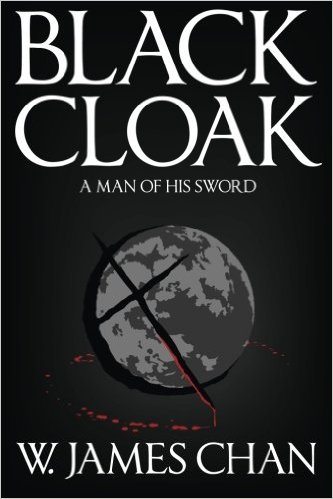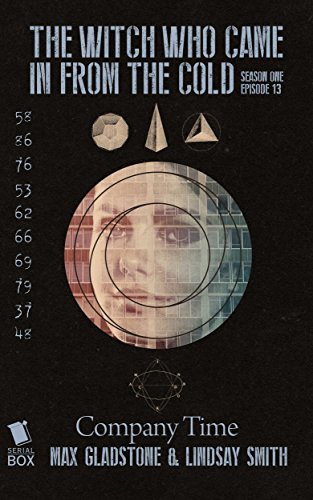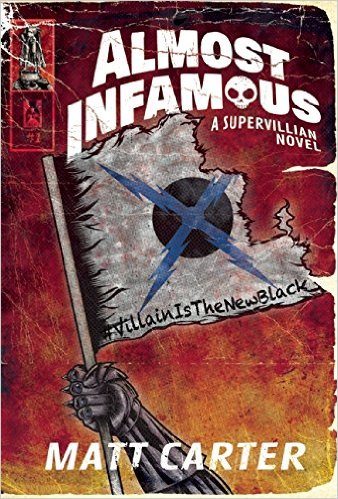Blackcloak: A Man of His Sword
What if you discovered that your memories—even the most intimate—were fictional? And what if that devastating epiphany were merely a continuation of that fiction? Epistemological impasse, the vertigo of an identity shattering into the plural, separate mirroring realities, the relativism that defines “heroism,” the illusion of free will—such themes seem more fitting in a philosophical discourse, not a fantasy novel. Yet W. James Chan’s recently released Blackcloak: A Man of His Sword manages to engage with such weighty conceits against the backdrop of a lush fantasy world called Kaefre, a realm whose gravity perhaps lightens such ponderous reflections. The result is an eminently readable novel that makes that fantastic seem possible while reminding us just how fantastic some of our prosaic possibilities really are. Still, Chan’s novel is not simply fantasy nor is it accidental that Chan’s Kaefra channels a sense of Sino-Japanese feudalism, for Blackcloak follows the basic conventions of Wuxia, a roughly “chivalric” fantasy genre with a venerable history in Chinese literature. Traditionally, Wuxia narratives focus on a warrior whose skill with the sword will shape the fate of his world. As much as Chan’s novel evokes comparison with Wuxia, the author, like one of his most powerful and elusive characters, Fa Shai-Yeh, deploys the complacency of assumption that convention encourages to present puzzles, not to resolve them. Part of the charm of this enjoyable novel lies in the way Blackcloak thrills its readers by tectonic shifts in the narrative, not complacent surveyorship of a docile landscape.
The tale begins with the twelve-year-old Wong Shah-Long, who resides in the village of Swimming Carp, one of the dozens of inconsequential backwaters that populate the Changō Province of the Mifuné Empire. Tormented by villagers small and large, Shah-Long is branded with the contemptuous epithet “Dog Ears.” Though he suffers as a pariah, Shah-Long is secretly gifted with incomprehensible powers. He is by turns delighted and haunted by enigmatic dream sequences laced with acts of brutality and punctuated by mysterious symbols that seem at once familiar and incomprehensible. When, five years later, he returns to Swimming Carp after an unsuccessful betrothal, he finds the village eerily deserted. Swimming Carp’s end constitutes a symbolic beginning for Shah-Long, marking the start of his transformation from village idiot to a warrior, gifted with superhuman abilities and a grand destiny.
But Blackcloak is a story with many beginnings. In the slums of the imperial capital, Kaifeng, lives another twelve-year-old, Char An-Ran, a street-savvy bully and arrogant thug-in-training who vauntingly crowns himself the ”Greatest Thief of Kaifeng.” Ambition breeds recklessness, however, and Char’s misadventures bring him to Fa Shai-Yeh, an exotic (and, as Char continually notes, voluptuous) woman endowed with terrifying powers. With Shai’s intervention, Char is adopted by secret society, the Blood Peddlers. For the next five years Char lives within the walls of their lair, honing talents he didn’t know he had. Char and Shah-Long are merely two threads in the first installment of a series dubbed The Bloody Tapestry of Kaef’re. The narrative into which they are woven is far more complex, breaches a wider span of time, and sets itself at a pleasantly maddening remove from definitive answers. Indeed, Char and Shah-Long are incomplete, mere versions, epigonic and incomplete of the cipher at the heart of the novel, “The Scourge,” a man bound by destiny to become both his clan’s hero and a merciless murderer.
Much has been said of how Chan nimbly adds complexity to his narratives without rendering them turgid. The same cannot be said of the author’s prose, which repeatedly gives way to sloppy phraseology, awkward shifts in register, mixed metaphors, cliché gnomic statements, and semantically askew adjectives that seem chosen for their length rather than meaning. These intrude and break the cadence of the plot rather than speed it along. Perhaps this is merely a consequence of growing pains, of a first novel in a series that has not yet found its voice. Perhaps it is a function of a still undisciplined writer. Regardless of its continual abuses of prose, Blackcloak is no less than a thoroughly absorbing read and a thoughtful meditation on the dynamics of self, the illusion of free will, and the subjectivity that governs morality. Not just a fun read, Blackcloak might be the prelude for a new brand of sophistication in the fantasy genre
| Author | |
|---|---|
| Star Count | 4/5 |
| Format | eBook |
| Page Count | 452 pages |
| Publisher | W. James Chan |
| Publish Date | 11-Mar-2015 |
| ISBN | |
| Bookshop.org | Buy this Book |
| Issue | May 2015 |
| Category | Science Fiction & Fantasy |
| Share |








Reviews
There are no reviews yet.